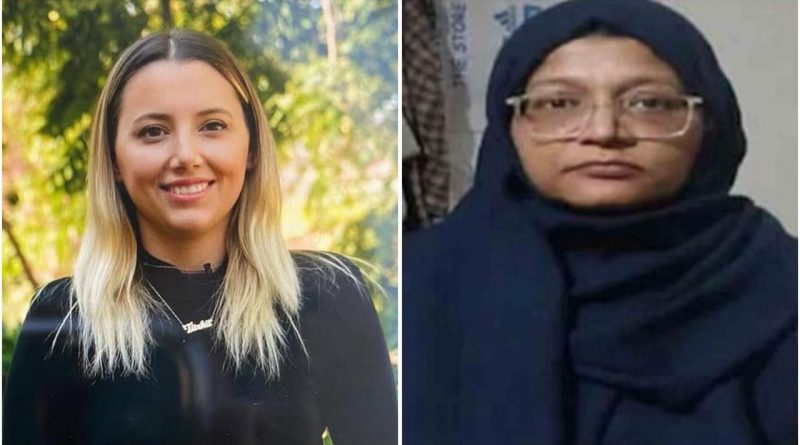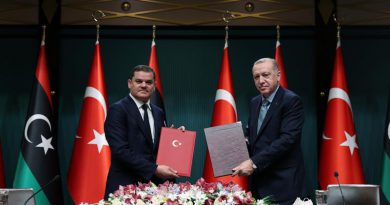Turkish Researcher Reacts to India’s White-Collar Terror Exposé, Addresses Muslim Women
Istanbul – A Turkish researcher based in Jerusalem has appealed to Muslim women in India to “choose empowerment over extremism,” reacting to the recent arrest of a Lucknow-based doctor in an alleged terror-linked case. Her remarks come amid growing conversations on radicalization and women’s roles in combating it.
This is not who Muslim women are
The researcher Turku Avci, who studies gender, extremism and social movements in West Asia, said she felt “appalled and deeply saddened” by the developments in India.
According to police reports, Dr. Shaheena Shahid, a Lucknow-based medical practitioner, was arrested after an AK-47 rifle was recovered from a car connected to her.
Investigators have claimed she and her brother showed signs of self-radicalisation and were suspected of acting as lone-wolf operatives. Officials have clarified that the investigation remains ongoing.
Responding to the case, the Turku said, “A woman… a doctor… someone entrusted with healing — now at the center of an alarming terror investigation. It shakes the conscience. This is not who Muslim women are. This is not what our faith teaches. And this is not the legacy our daughters deserve.”
She argued that isolated incidents should not distort the global picture of Muslim womanhood. “Our daughters deserve a future shaped by strength and progress, not narratives of fear,” she added.
Across the world, Muslim women are rising
She highlighted examples from the Middle East, pointing to Emirati figures such as Mozah Al Kindi and Sarah Al Hosani as symbols of modern leadership, innovation and national progress.
“Across the Middle East, Muslim women are breaking barriers in medicine, education, governance and technology,” she said. “They demonstrate every day that faith and empowerment go hand in hand.”
She also noted the roles of Muslim women in Europe — educators, scientists, entrepreneurs and artists — who, she said, “carry their identity with dignity while contributing to societies with compassion and intelligence.”
India’s Muslim women have always led with courage
Turning to India, the researcher said the country’s diverse social fabric has been strengthened for decades by Muslim women who have shaped politics, activism, law, media and grassroots reform.
She pointed to young political voices like Iqra Hasan, describing her as part of a “confident new generation influencing policy,” and recalled Syeda Anwara Taimur, the former Chief Minister of Assam, as an early example of Muslim women’s leadership at the highest levels.
She also cited activists and scholars including Farah Naqvi, Zakia Soman and Tehmeena Rizvi, acknowledging their work on gender justice, community rights and international advocacy. At the grassroots, she praised the efforts of Khadija Khan and Nida Khan, who, she said, “transform their communities one life at a time.”
“True empowerment,” she noted, “comes from education, leadership and compassion — not radicalization or violence.”
Instagram message shared at the end
Her appeal was shared through a video message posted on her Instagram account avciturku, where she has around 13.1K followers. In the closing lines of the video, she urged Muslim women “in Türkiye, the Middle East, Europe, India and Kashmir” to reject all ideologies rooted in hate.
“When a Muslim woman stands tall,” she said, “her community rises with her — and the world becomes a better place.”



